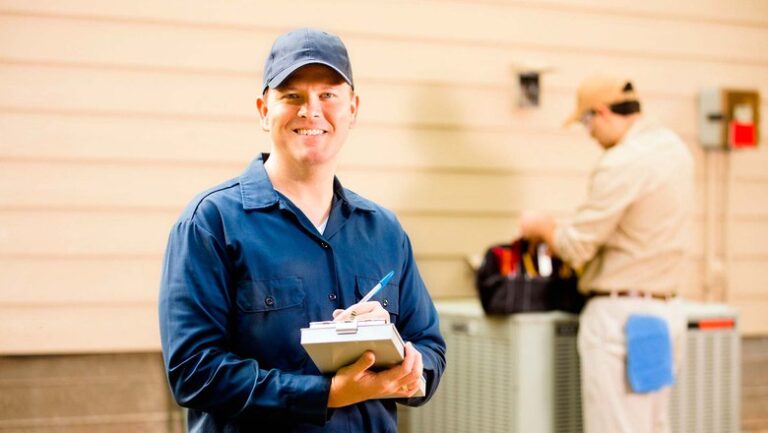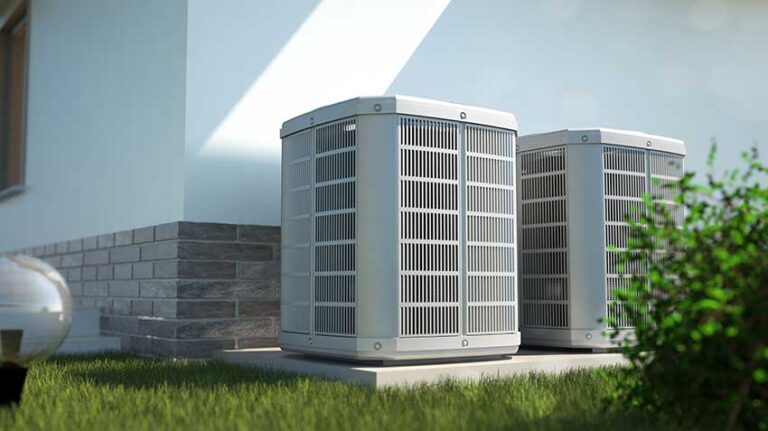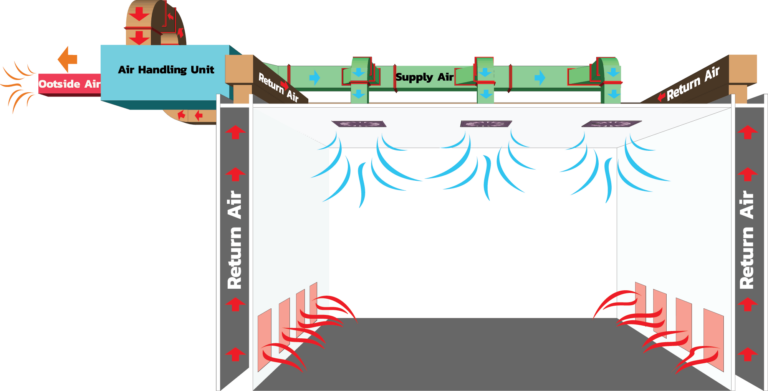Calculating Cooling Load for the Right-sized A/C
Dedicated to providing energy efficiency while promoting the growth of geothermal renewable energy.
When is it necessary to perform a cooling-load calculation? Most building codes require load calculations for new homes, and should also be conducted when purchasing new equipment, in order to properly size heating and air conditioning systems. The HVAC technicians at Blue Valley Heating & Cooling of Longmont are extensively trained in performing cooling load analysis to accurately size air conditioners, ductwork and lower our clients’ energy bills.
Martin Holladay, blogger on Green Building Advisor, explains that “A heat gain calculation requires that all of the heat that flows into a building- internal and external, sensible and latent- be added up. Because of thermal mass effects and the dynamic nature of heat gain the cooling load of the air conditioning equipment will usually be less than the building’s heat gain.” A building’s sensible load calculates what it will take to decrease temperature and the latent load to decrease humidity in order to effectively cool the building.
Tips for a Low Cooling Load
- Deep ceiling insulation is critical. Thick wall insulation reduces heating loads dramatically but does not have as great an effect on cooling loads.
- Limiting west-facing windows or covering that side of the building with a porch roof or similar shelter will prevent solar heat gain from causing the cooling load to climb.
- Reducing air leakage will help lower sensible and latent loads and create a tight building envelope.
- Another area to experiment with is low ventilation in order to lower the cooling bill.
- Energy-efficient appliances and lighting produce less waste heat and will therefore lower the internal load.
- Window coverings, especially cellular blinds, will reduce solar heat gain if kept closed when the sun is directly shining into that window.
A good rule of thumb to know whether or not your cooling system is the correct size is if it runs constantly on the hottest afternoon of the summer- if it cycles on and off, then it is oversized. To be sure you are not wasting money on high cooling bills, have Blue Valley Heating & Cooling’s expert HVAC technicians conduct a cooling-load analysis for your residential or commercial building.




